The Evolution of IoT Devices in Enterprise AI Systems
Tuesday, August 20, 2024 1:13 AM
1,464
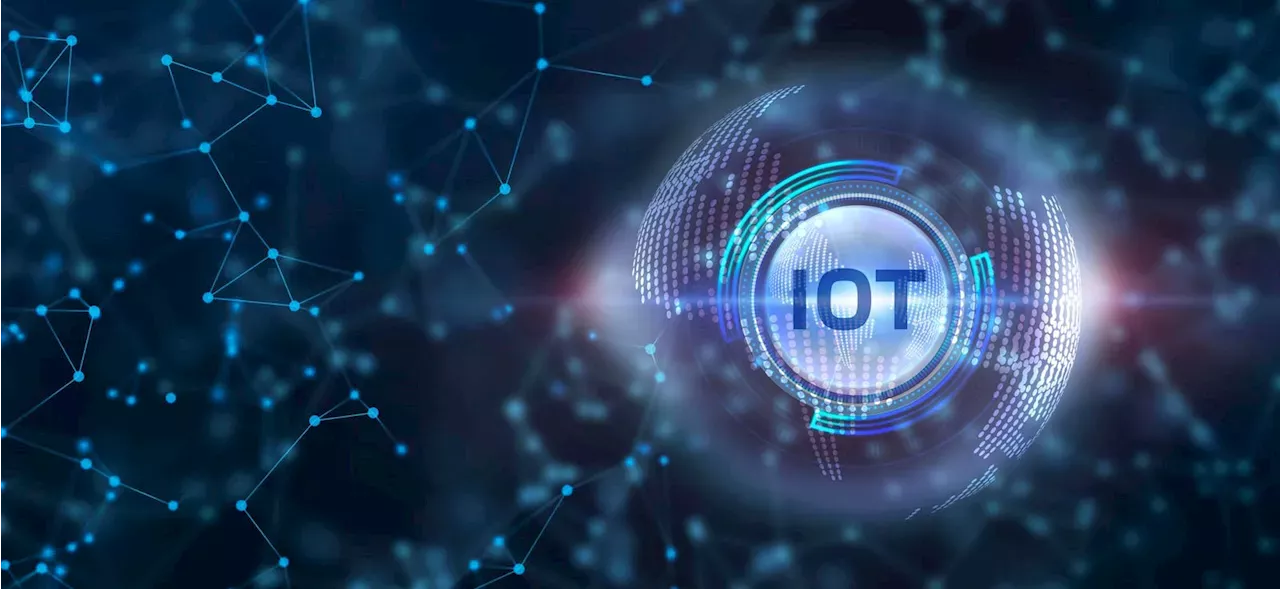
IoT devices are evolving to provide real-world data for enterprise AI systems, driving business benefits beyond the initial hype. Despite the novelty wearing off, IoT remains crucial for connecting industrial and consumer devices with high-ROI AI applications. The integration of IoT and AI enables automation, optimization, and cost reduction in physical operations. Semiconductor companies like NXP and Qualcomm offer powerful, energy-efficient chips to support a variety of IoT applications. Forward-thinking IoT suppliers focus on customer needs, integrating IoT features into industry-specific products. This shift from technology-centric to product-centric IoT enhances customer value and business outcomes.
Related News
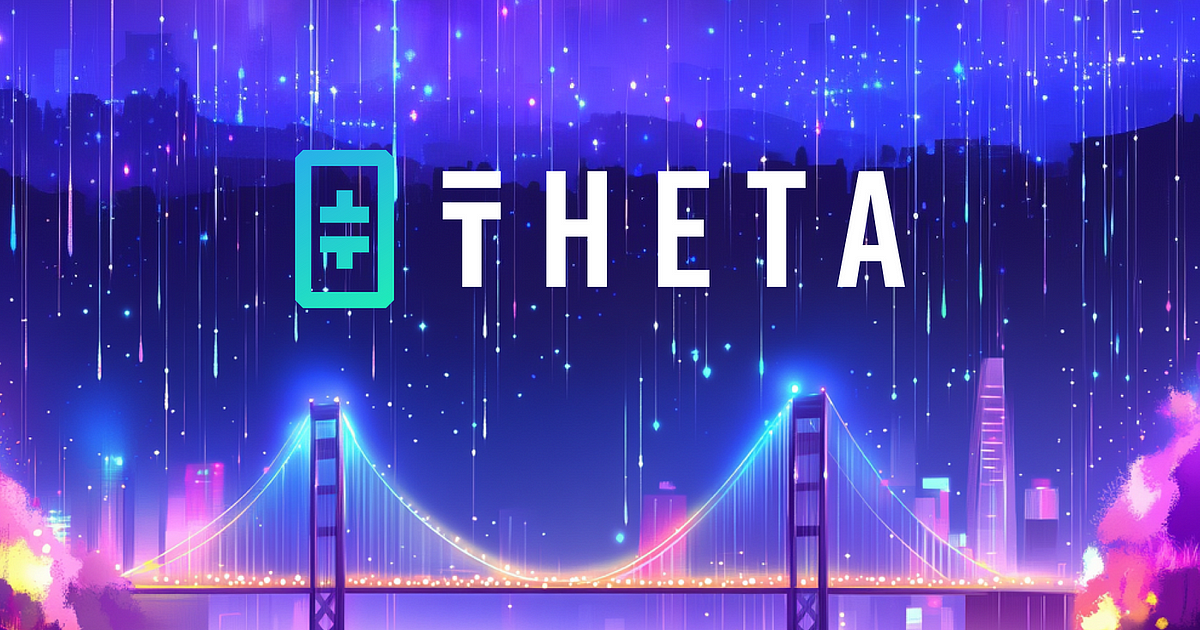
3 days ago
Stanford's AI Research Lab Partners with Theta EdgeCloud for Enhanced ResearchStanford Engineering Assistant Professor Ellen Vitercik's AI research lab is set to leverage Theta EdgeCloud's hybrid cloud infrastructure to enhance its research in discrete optimization and algorithmic reasoning. This collaboration will enable the lab to utilize EdgeCloud's decentralized GPU, which offers scalable and high-performance computing power at a competitive cost. The integration of this technology is expected to significantly accelerate the training of AI models and facilitate advanced research initiatives. Other prominent academic institutions, such as Seoul National University, KAIST, and the University of Oregon, are also utilizing EdgeCloud's infrastructure to boost their AI research productivity.
Ellen Vitercik specializes in machine learning, algorithmic reasoning, and the intersection of computation and economics. Her research lab is focused on several key areas, including the application of large language models (LLMs) for optimization, algorithmic content selection, and the generalization of clustering algorithms across various dataset sizes. By employing Theta EdgeCloud's resources, the lab aims to explore how AI can enhance decision-making processes in economic contexts, such as pricing strategies and targeted marketing.
Theta EdgeCloud's hybrid GPU infrastructure is designed to provide on-demand computing power that is both scalable and cost-effective, making it an ideal solution for academic research. The collaboration with Vitercik's lab exemplifies the growing trend of integrating advanced cloud computing technologies into academic research, particularly in the field of AI. This partnership not only promises to advance Vitercik's research objectives but also contributes to the broader landscape of AI research across multiple institutions worldwide.
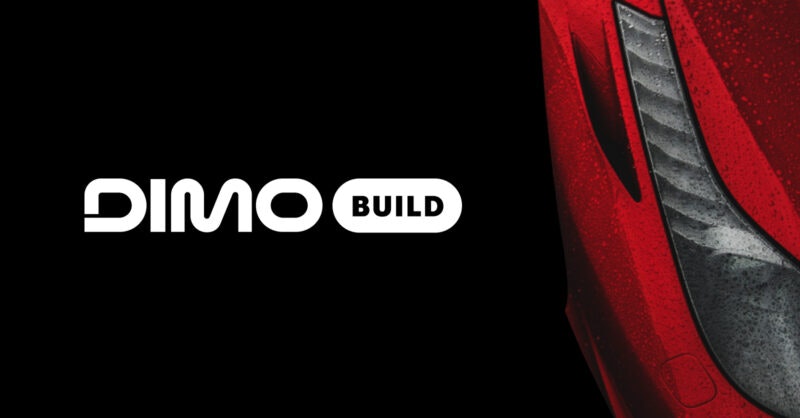
3 days ago
DIMO Unveils Enhanced Developer Console with New Features and Decentralization FocusDIMO has recently announced an exciting update to its Developer Console, marking a significant evolution since its initial launch on August 8, 2024. This update, known as DIMO Build, not only refreshes the branding with a new visual identity but also enhances the user experience by providing greater freedom and flexibility for developers. The Console now features a user-centric design that aligns with future expansion projects, including webhooks and low-code tools, ensuring that developers can build with less distraction and more focus on their projects.
One of the standout features of the new Console is the integration of social logins, which streamlines operations by consolidating login processes directly with DIMO Auth Servers. This update includes the addition of Apple logins, catering to users of the DIMO Mobile app. Furthermore, the login flow has been re-engineered to allow users to opt for email OTP login if they encounter compatibility issues with passkeys. This flexibility is aimed at reducing friction in the user experience, allowing developers to spend less time on signing transactions and more on building.
In addition to these enhancements, DIMO has embraced decentralization by integrating developer license information directly into the Identity API, mapping it to on-chain data. This shift eliminates reliance on off-chain databases, promoting transparency and reducing discrepancies. The updated Console also introduces a comprehensive vehicle list feature, providing insights into license details, including on-chain vehicle IDs. To support developers further, DIMO has established a dedicated support pipeline, ensuring that developers can easily connect with the engineering team behind the Console. Overall, these updates signify DIMO's commitment to fostering a more open and efficient development environment in the decentralized space.

9 days ago
CUDOS March 2025 Recap: Record Compute Growth and Strategic PartnershipsMarch 2025 proved to be a pivotal month for CUDOS, showcasing significant advancements in the CUDOS Intercloud and ASI ecosystems. The month was marked by record-breaking compute growth, with 250,660 compute hours delivered, representing the highest single-month total to date. This surge in demand, particularly from AI and Web3 workloads, contributed to a monthly revenue increase of 30%, reaching $180,000. The total ecosystem revenue surpassed $1.5 million, highlighting a robust shift towards distributed computing, with a total of 1.6 million compute hours logged, up 17% from February. The user base also expanded to 17,000, indicating a growing adoption among developers and node operators seeking alternatives to centralized cloud solutions.
The collaboration between CUDOS and the ASI Alliance, which includes Fetch.ai, SingularityNET, and Ocean Protocol, has also matured over the past year. CUDOS has successfully integrated into the ASI stack, serving as the distributed compute layer, and completed the token migration with $FET, enabling wallet-native usage. This partnership is aimed at building a distributed, privacy-first AI future, emphasizing the importance of computing without compromise. The integration of CUDOS with ASI reflects a commitment to advancing distributed intelligence and self-sovereign AI architectures.
In addition to these developments, CUDOS launched a partnership with Rainfall, a privacy-preserving personal AI platform, enhancing node deployment integration. This collaboration allows node operators within the Rainfall ecosystem to utilize CUDOS Intercloud for scalable, low-cost compute solutions. Furthermore, CUDOS introduced a referral program to incentivize users to share their network, offering commissions in $FET for successful referrals. As demand for compute resources continues to rise, CUDOS is set to enhance its platform with new features, tutorials, and community support, paving the way for future innovations in distributed computing.
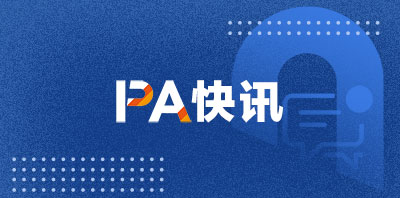
9 days ago
DoubleZero and Roam: Pioneering the DePIN Landscape on SolanaIn a significant development within the DePIN ecosystem, the DoubleZero Foundation has secured a remarkable investment of $28 million from top venture capital firms, including Dragonfly and Multicoin Capital. Founded by Austin Federa, who previously played a pivotal role at the Solana Foundation, DoubleZero aims to create a robust web3 infrastructure by addressing the challenges faced by current blockchain networks. The project is designed to enhance bandwidth and reduce latency, facilitating smoother operations for web3 applications. The investment signals strong support from the Solana ecosystem, indicating a collective effort to build a physical infrastructure network that can rival traditional web2 solutions.
Another noteworthy project, Roam, has emerged as a decentralized wireless network built on the Solana blockchain. Launched on March 6, Roam aims to provide seamless WiFi and eSIM connections globally, boasting over 2.3 million users and 2 million WiFi nodes across 190 countries. With a market capitalization exceeding $60 million, Roam utilizes blockchain technology to ensure secure connections and automatic network switching. Its innovative approach, combined with a strong incentive mechanism for users to share WiFi, positions Roam as a leading player in the DePIN space, drawing comparisons to Starlink for its ground-based communication solutions.
As of mid-March 2025, the DePIN ecosystem on Solana has flourished, with a market value surpassing $25 billion. This growth is attributed to Solana's technical advantages, such as high throughput and low transaction costs, making it an attractive platform for DePIN projects. The Solana Foundation's proactive support through funding and hackathons has further nurtured this ecosystem. With approximately 78 DePIN projects currently active on Solana, including notable names like Helium and Render Network, the platform is poised to lead the way in decentralized physical infrastructure, showcasing its potential to reshape the future of connectivity and data sharing in the blockchain space.
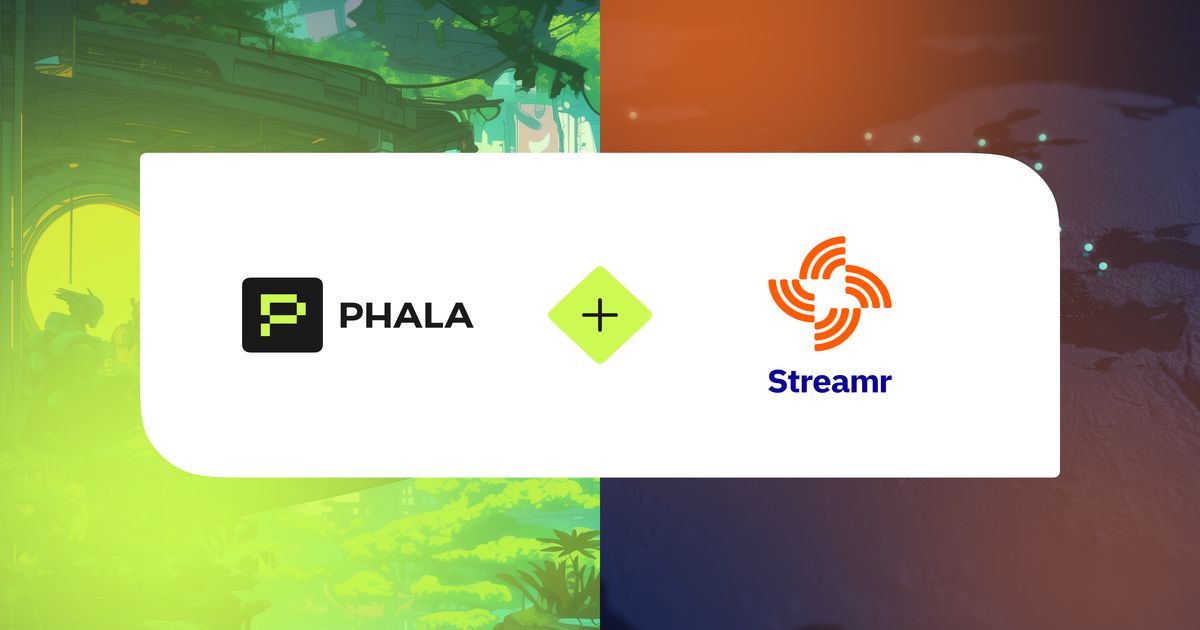
10 days ago
Phala Network and Streamr Join Forces to Revolutionize Decentralized AIPhala Network and Streamr have announced an exciting new partnership aimed at revolutionizing the landscape of decentralized AI. This collaboration merges Phala's trusted computing infrastructure with Streamr's decentralized, real-time data streaming capabilities. The goal is to create a new class of AI agents that can process live data securely and privately, without relying on centralized intermediaries. By combining these technologies, the vision of real-time, decentralized AI is becoming a reality, paving the way for innovative applications in various sectors.
Streamr operates on a decentralized network specifically designed for real-time data streaming, utilizing a peer-to-peer architecture and a publish/subscribe model. This structure allows data producers to broadcast streams that can be instantly consumed by applications and nodes, significantly reducing latency and enhancing resilience. The integration of blockchain technology within Streamr supports monetization and access control through its native DATA token, fostering a robust open data economy for Web3 applications. This partnership emphasizes a shared mission to create a more open and user-controlled web, moving away from reliance on traditional cloud services.
The collaboration leverages Phala's Trusted Execution Environments (TEEs) and Phat Contracts, which provide secure, encrypted enclaves for AI computations. This ensures that even the machine's owner cannot access the data or logic, creating a strong foundation for verifiable AI computation. By integrating Streamr's real-time data delivery with Phala's secure compute layer, developers can create AI systems that process live data while preserving privacy and resisting censorship. This partnership not only showcases the potential of decentralized infrastructure but also opens new avenues for developers to build innovative AI solutions aligned with the core values of Web3—privacy, transparency, and decentralization.
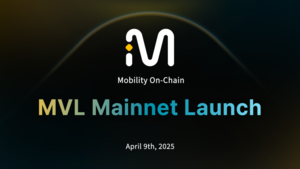
11 days ago
MVL Launches Mainnet to Revolutionize Mobility InfrastructureMVL, a leader in blockchain-based mobility solutions, has officially launched its mainnet on April 9, 2025, marking a significant advancement in its mission to create a value-sharing mobility ecosystem. Founded in 2018, MVL aims to ensure that drivers, riders, and service providers benefit equitably through blockchain technology. The new mainnet is built on Base Appchains, a Layer 3 app-specific rollup developed by the Coinbase Developer Platform, which allows MVL to operate independently without competing for resources. This setup provides MVL with enhanced scalability, faster transaction speeds, and a robust infrastructure, ensuring a seamless experience for users of its services, particularly the zero-commission ride-hailing platform, TADA.
The launch of the MVL mainnet is pivotal for the expansion of TADA, which has already established itself as the second leading ride-hailing service in Singapore and is set to enter the U.S. market through a partnership with Drivers Cooperative Colorado. This collaboration aims to introduce a zero-commission ride-sharing service in the U.S., leveraging TADA's technology and operational expertise. The integration of TADA's infrastructure onto the blockchain, referred to as DePIN (Decentralized Physical Infrastructure Network), enhances transparency and shifts control back to users, challenging traditional platform models that often prioritize corporate profits over user benefits.
In addition to TADA, MVL has launched 'Musubi', a digitized vehicle finance platform that connects ride-hailing drivers with investors. Musubi allows for the digitization of vehicle-related rights, providing real-time access to critical data such as vehicle location and performance metrics. CEO Kay Woo emphasized that the mainnet will unify MVL's services, fostering synergies across the ecosystem and driving further innovation in the mobility sector. With ongoing expansions and partnerships, MVL is poised to redefine the future of mobility through blockchain technology.
Signup for latest DePIN news and updates